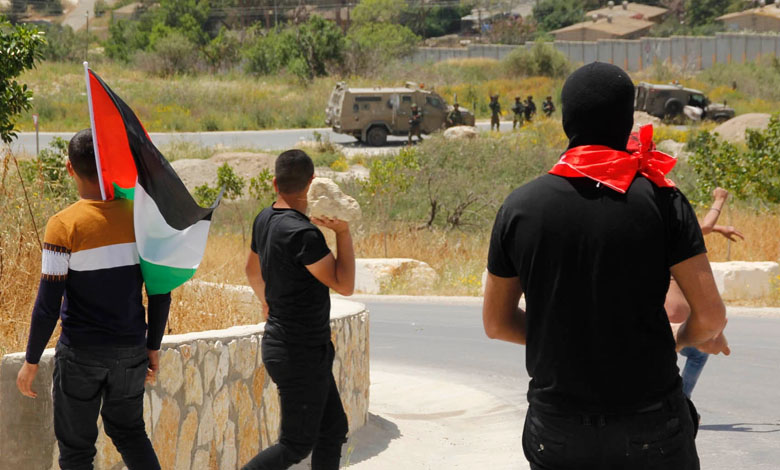Who is behind the Palestinian factions’ rejection of the outcomes of Sharm El-Sheikh?

Over the past weeks, the five-party meeting was held in the Egyptian city of Sharm El-Sheikh with the participation of high-level political and security representatives from Egypt, Palestine, Israel, Jordan and the United States, as part of Egypt’s ongoing efforts to support the truce between Palestinians and Israelis, in preparation for the resumption of the peace process.
Observers believe that, despite the intermediate efforts to resolve the security crisis in the Palestinian territories and the five-year meeting agreement in Sharm El-Sheikh, it is unlikely that the results will have an impact on the ground, because of the rejection of the meeting outcomes by the Palestinian factions; This means the continuation of the deteriorating security situation in the Palestinian territories.
Five-Year Summit Statement
At the end of the summit, the participants issued a statement which concluded that it is necessary to adhere to the implementation of the truce in the Palestinian territories, with an agreement to hold a new meeting in the same city in April.
The statement included agreeing to 10 commitments on appeasement and seeking to revive the peace process stalled since 2014, including “enhancing security, stability and peace for Israelis and Palestinians alike.”
The participants agreed on the need to establish a mechanism to reduce violence, and the statements and actions that could cause the situation to ignite, and to improve the economic conditions of the Palestinian people. They also agreed to raise these two mechanisms for the next meeting.
Palestinian Factions Reject Meeting Outcomes
Palestinian factions reject the meeting and its outputs before it began, even demanding that the Palestinian Authority (PA) not attend from the outset, including Hamas, the Popular Front for the Liberation of Palestine (PFLP), Islamic Jihad, and the People’s Party.
Sources familiar with the negotiations said that the factions refused the meetings on the pretext that they were held in the presence of representatives from Israel, but the real reason is the desire to continue the current situation as it is, because fueling the ongoing conflict and the worsening violence is in the interest of the Palestinian factions during the month of Ramadan, foremost of which are Hamas and Islamic Jihad at the expense of the Palestinian people.
It added that the Palestinian factions plan to ignite the war in the coming days, and to portray the Palestinian people as the most prominent victim of these events and waves of violence.
Observers believe that what the Palestinian factions are doing negatively impacts on the safety of the Palestinian people and their requirements to live in peace and stability, which threatens the possibility of the people revolting against Hamas and Islamic Jihad movements, especially in the Gaza Strip, which has deteriorated a lot since Hamas took over and isolated it from the West Bank and the rest of the Palestinian territories.
Observers reported that Hamas and Islamic Jihad were reeling from the waves of violence, and any agreement to stop such violence and work to stabilize Palestine would harm their covert actions and might stop the financial flows that both movements received from some other states and entities in order to maintain tensions in the Palestinian territories.
“Appeasement, revival of the peace process stalled since 2014 and strengthening of security and stability in the Palestinian territories mean stopping the smuggling of weapons and secret money to both movements, as happened during the past five years, observers said.”
The outcomes of the Sharm El-Sheikh summit will follow those of the previous ones in Aqaba, which were also rejected by Palestinian factions for no apparent reason.
The sources continued: The Palestinian factions use the month of Ramadan to renew the cycles of violence as it happens every year, and to trade the crises of the Palestinian people to obtain aid from the countries of the world, which mostly do not reach the Palestinian people, and ends up in the coffers and warehouses of the various Palestinian factions.












